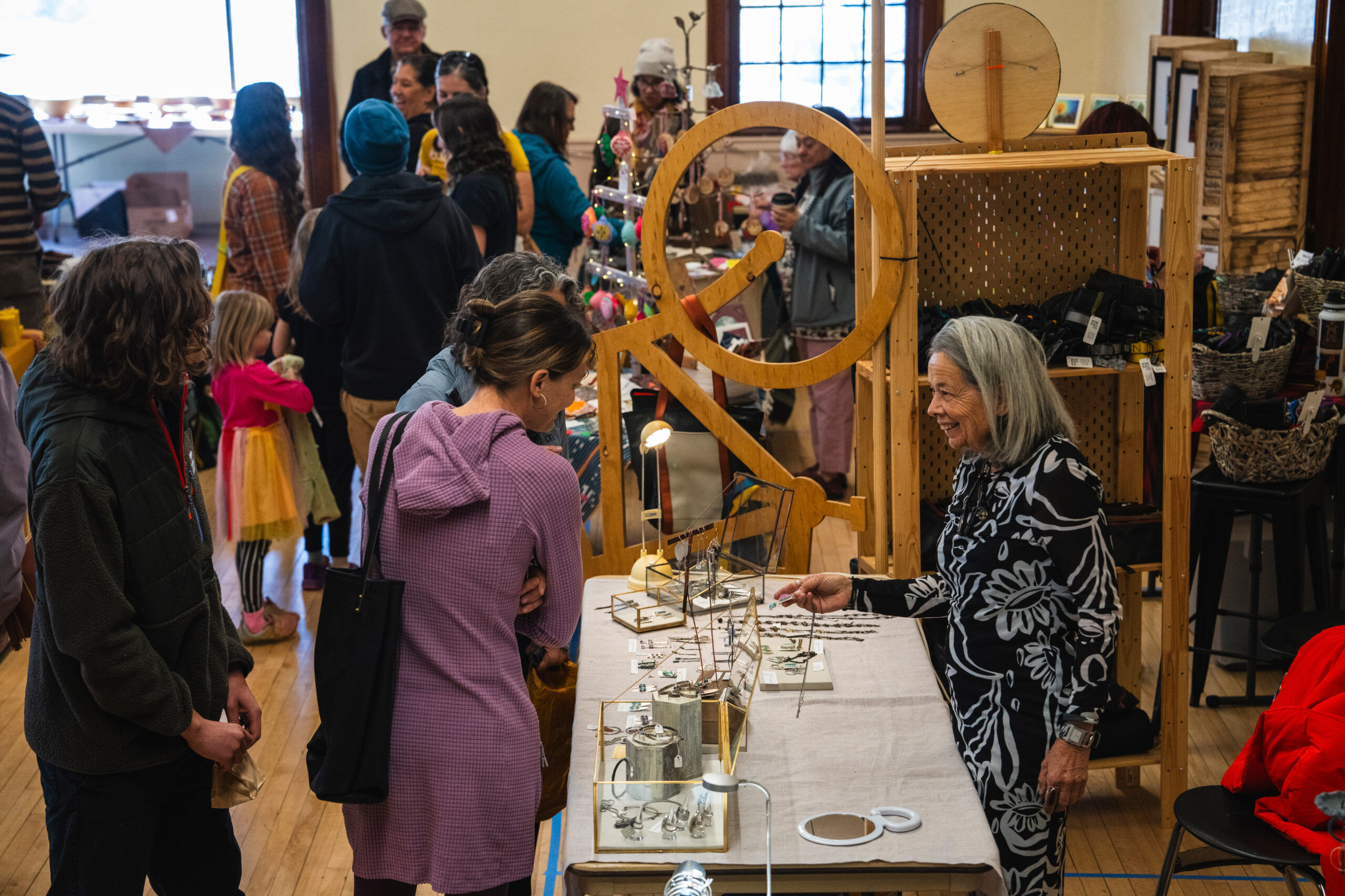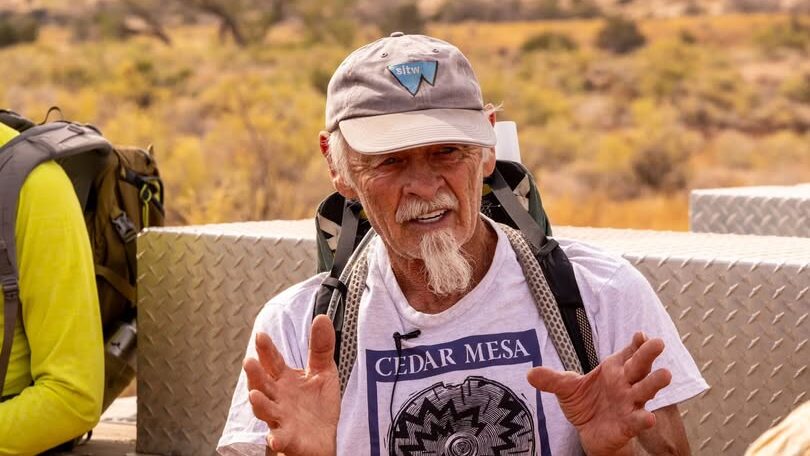Some information may be outdated.
Moab joins area parks and Castle Valley in the densest area of Dark Sky Places worldwide.
Moab, Utah, USA – The City of Moab is now an International Dark Sky Community, as designated by DarkSky International. This designation is the culmination of years of efforts from residents, businesses, elected officials, and city staff to promote safe lighting below and uninterrupted views above. “At times the stars are so bright that they create their own natural light. Besides all of the natural red rock landscapes that Moab is known for — after the sun goes down the night sky provides a landscape all of its own,” says Joette Langianese, mayor of the City of Moab.
“DarkSky International is excited for the City of Moab’s International Dark Sky Community certification as it adds another piece of night sky protection in Utah’s Canyon Country. The city’s commitment and leadership with Dark Sky efforts have been as remarkable as the landscape in which it occupies, and we are proud to welcome Moab, Utah, to the growing list of International Dark Sky Communities around the world,” says Michael Rymer, DarkSky program associate.
Amidst stunning rocks and the flowing Colorado River, Moab is the home to 5,300 residents and a destination for millions of visitors. The skies of southeastern Utah are exceptional for stargazing and astrophotography. Nine International Dark Sky Parks are in the area, and now Moab joins Castle Valley as one of two Dark Sky Communities.
To earn its International Dark Sky designation, Moab updated its outdoor lighting code in 2019 and refined it in 2023. The City has been transitioning its buildings and streetlights to energy-saving, downward-facing LED fixtures. It piloted streetlights in 2021 and decorative lights on Main Street in 2024. These new lights will be slightly brighter and more directed than existing outdated lighting. A full conversion is expected to be completed in 2025.
Furthermore, the Friends of Arches and Canyonlands Parks, the nonprofit behind the Moab Dark Skies program, is providing reimbursement funds to locals to ensure the entire community can adopt downward-facing lighting by 2029. “We extend our gratitude to the numerous community members whose tireless efforts over almost a decade facilitated this significant achievement,” says Steve Evers, executive director. Residents can find details on the reimbursement at www.moabdarkskies.com.

The stars shine above Turret Arch
NPS Photo
The ongoing effort to provide better lighting is vital for residents’ well-being, according to Moab’s sustainability director, Alexi Lamm. “Directing lights downward provides light on the ground but not in the sky, making it easier for residents to walk safely and sleep soundly in town and marvel at the Milky Way in nearby wild areas.”
The benefits are far-reaching adds Langianese. “Moab tends to deal with many controversial issues but maintaining one of the area’s greatest assets — our night sky — was an issue that was hard to deny. Just go outside after dark and look toward the stars to soothe your soul.”
As the newest Dark Sky Community, Moab invites residents and visitors to join in the celebration. The first opportunity is at the Arts & Ag Market on June 7 from 5 to 8 p.m. in Swanny Park. Participants can enjoy dark sky crafts and get information about the Southeast Utah AstroFest star viewing opportunities that will take place throughout the weekend of June 7-9. Then, on June 15, Skate Moab’s Family Skate Date will also be dark-sky themed. Participants can join in the fun from 6 to 8 p.m., at the Sun Court next to Star Hall on East Center Street.
About the International Dark Sky Places Program:
Founded in 2001, the International Dark Sky Places Program is a non-regulatory and voluntary program encouraging communities, parks, and protected areas worldwide to preserve and protect dark sites through effective lighting policies, environmentally responsible outdoor lighting, and public education. When used indiscriminately, artificial light can disrupt ecosystems, impact human health, waste money and energy, contribute to climate change, and block our view and connection to the universe. Moab now joins more than 210 Dark Sky Places that have demonstrated robust community support for dark sky advocacy and strive to protect the night from light pollution. Learn more by visiting www.darksky.org/conservation/idsp.
About DarkSky International:
The mission of DarkSky is to preserve and protect the nighttime environment and our heritage of dark skies through environmentally responsible outdoor lighting. Learn more at darksky.org
Appreciate the coverage? Help keep local news alive.
Chip in to support the Moab Sun News.




